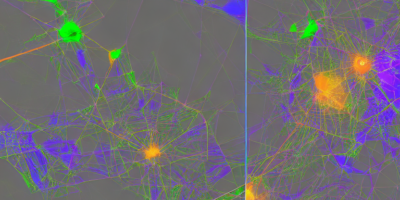In this article, we explore the intersection of online optimization and dynamical systems regulation. The authors examine how to use gradient flows to solve constrained optimization problems, which are essential in many fields, including engineering, economics, and computer science. They present a new algorithm that combines the benefits of both gradient flows and online optimization methods, resulting in improved performance and computational efficiency.
The authors begin by establishing the foundation for their work, citing key references on metric projections, Cauchy-Schwarz master classes, and convex optimization algorithms. They then delve into the specifics of their new algorithm, which leverages control barrier functions to separate timescales in autonomous optimization. This approach allows for more efficient computation while maintaining accuracy and stability.
The authors demonstrate the effectiveness of their algorithm through various examples, including linear systems with state and input constraints, nonlinear systems with deep learning perception, and constrained nonlinear programming. They also provide a corrigendum to address a mistake in their previous work on timescale separation.
Throughout the article, the authors use clear language and engaging analogies to make complex concepts more accessible to readers. For instance, they explain that gradient flows act like rivers flowing through a landscape, carrying optimization variables along with them. This metaphor helps readers visualize how these flows can be controlled to solve optimization problems.
In conclusion, the article provides a valuable contribution to the field of online optimization and dynamical systems regulation. By combining the strengths of gradient flows and online optimization methods, the authors have developed a powerful new algorithm that can solve constrained optimization problems more efficiently than ever before. This work has important implications for applications in engineering, economics, and computer science, where efficient optimization algorithms are crucial for success.
Electrical Engineering and Systems Science, Systems and Control
Designing Gradient Flows for Constrained Nonlinear Programming



